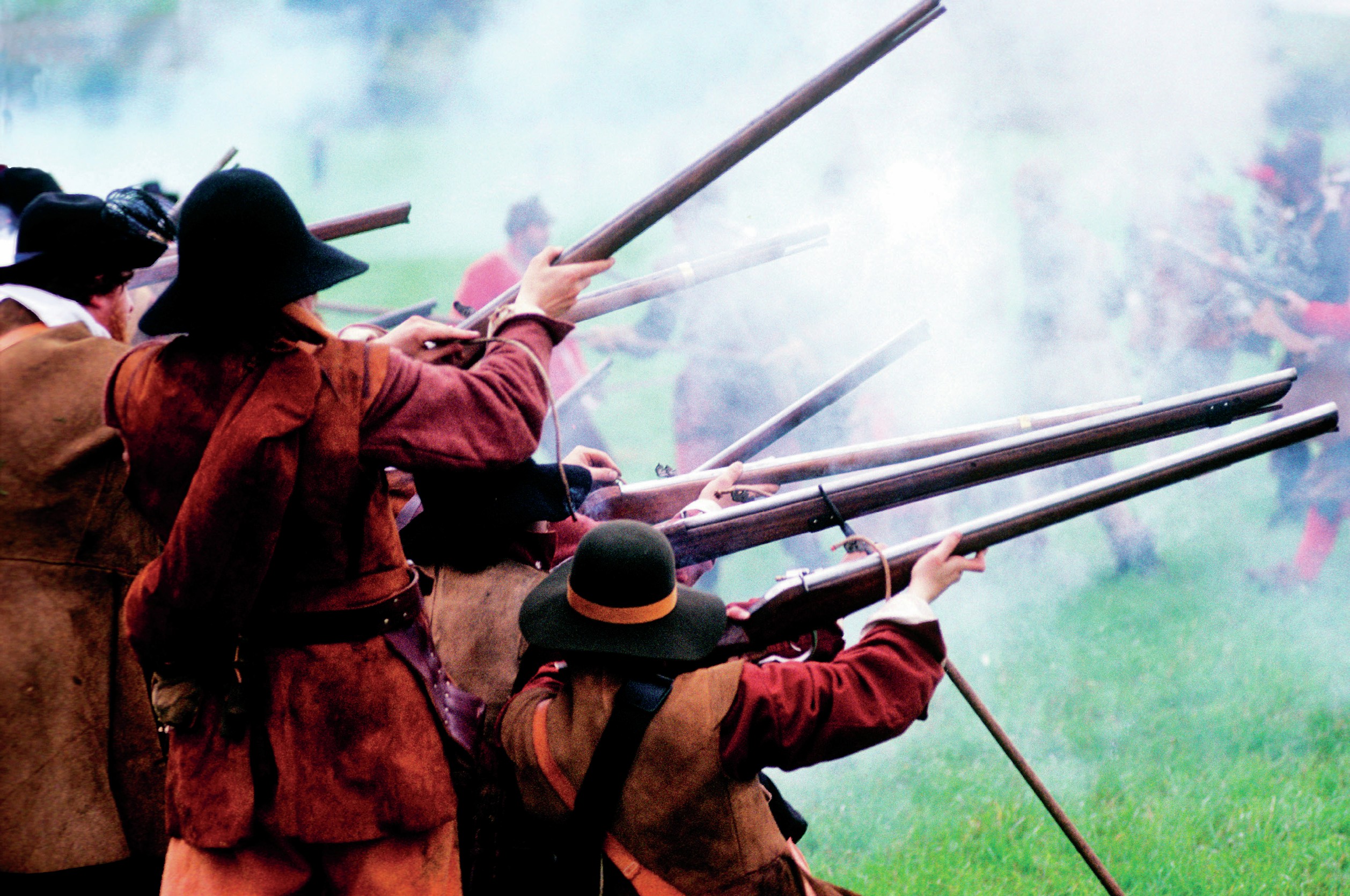
Britain as a nation state is comparatively young — it was formed in 1707 — and as an imperial power Britain’s zenith lasted for a relatively brief period of time (roughly 1750 to 1950). Britain’s development as a unified nation state, an imperial power and world power has been determined by a variety of factors and warfare is among the most significant of these.
Edward I, son of Henry III, defeated the rebellious barons who had allied with Simon de Montfort against his father. Then from 1277 onwards he waged war against the Welsh princes led by Llewelyn ap Gruffudd. Edward, a stronger and more capable military commander than his father, had gradually become drawn into the complex and feuding internal politics of the principality of Wales since his coronation in 1272. Two years later he demanded that the Welsh prince Llewelyn come to Chester to pay Edward homage, but the headstrong Llewelyn refused.
Your organisation does not have access to this article.
Sign up today to give your students the edge they need to achieve their best grades with subject expertise
Subscribe




